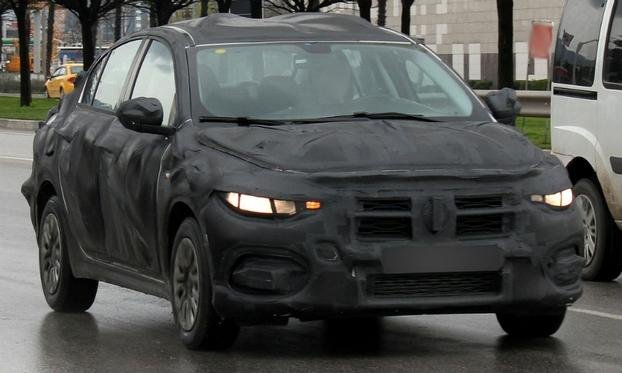Fiat Will Unveil Compact Car at Turkish Auto Show

The brand will unveil a compact sedan at the Istanbul auto show on May 21 that will replace the Linea. A hatchback version that will replace the Bravo will follow later. A station wagon variant is also planned.
The compacts will give Fiat a fresh lineup in the key compact segment, Europe's second-largest by sales after subcompacts.
In recent years, Fiat has invested to expand the profitable 500 range with the 500L minivan and 500X crossover rather than spending to replace the Bravo hatchback that was phased out last year.
The sedan will be rolled out in 40 countries across Fiat's Europe, Middle East and Africa region after its sales launch in Turkey in November, Fiat said in a statement.
The Bravo replacement, likely to be called the Linea like the sedan, will launch next year. Fiat has not communicated the launch date for the wagon. Fiat has not sold a wagon in Europe since the Stilo Multiwagon was discontinued in 2008.
The compacts will be built at Fiat’s Tofas factory in Turkey. Last November, Fiat's Turkish joint venture, Tofas, said it will build a combined 700,000 units of the new compact range over the life cycle of the vehicles until 2023, mainly for export.
The cars will be based on Fiat's small wide platform that also underpins the 500L and 500X, as well as the Jeep Renegade.
The sedan variant will compete against cars such as the Peugeot 301 in eastern Europe and Turkey where sedans are popular. The hatchback will mainly sell in western Europe in the segment led by the Volkswagen Golf.
The new Linea likely will be slightly longer and wider than the current model. Fiat said the three-box car will combine Italian styling with an "outstandingly efficient use of space."


